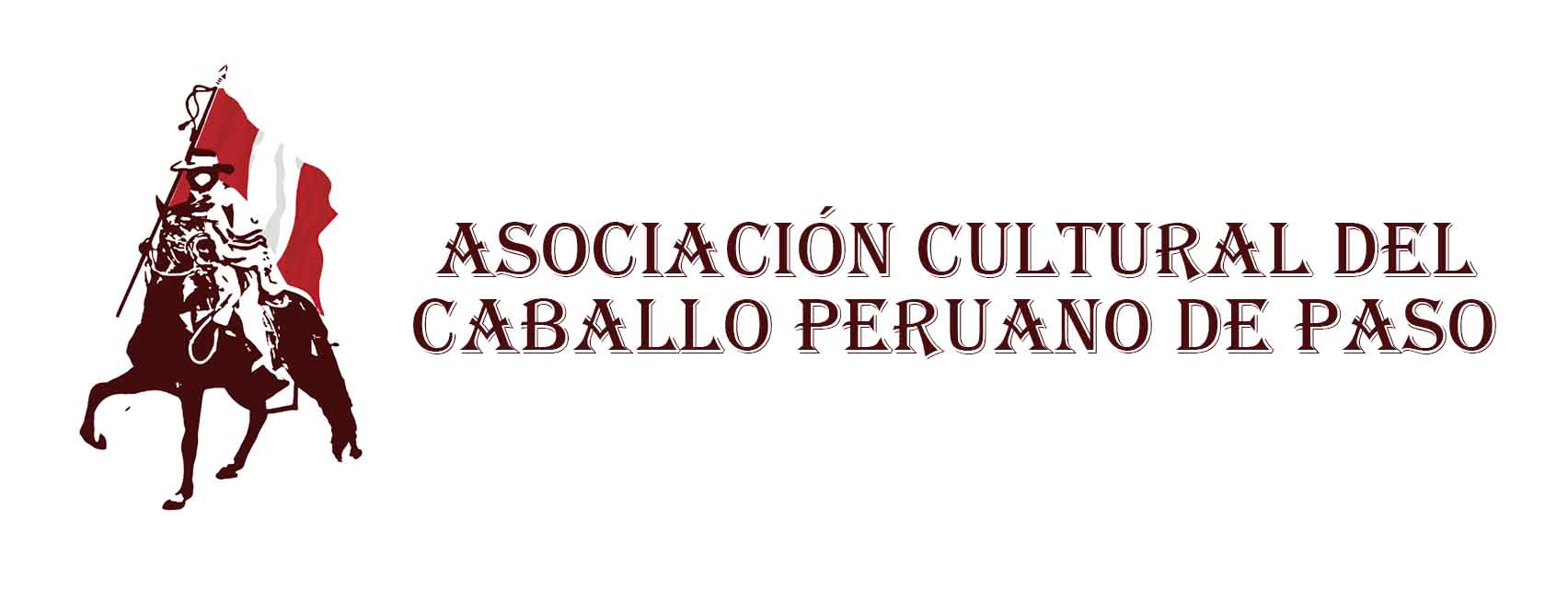
Equine therapy
The Peruvian Paso Horse, with its smooth and rhythmic gait, is ideal for equine therapy, as its three-dimensional movement simulates the human gait pattern, allowing for in-depth work on coordination, balance and muscle strengthening without causing sudden impacts on the rider's body. In addition, the bond with the horse fosters self-esteem, communication and emotional regulation, making it a powerful therapeutic resource.
Benefits of Equine Therapy
Equine therapy has proven to be highly effective in the treatment of various conditions:
🔸 Neuromotor disorders: Cerebral palsy, multiple sclerosis, muscle diseases, difficulties in mobility and motor control.
🔸 Developmental and cognitive conditions: Autism, Down syndrome, psychomotor developmental delay, learning difficulties, language disorders.
🔸 Emotional and behavioral difficulties: Anxiety, depression, adjustment disorders, attention deficit hyperactivity disorder (ADHD).
🔸 Physical rehabilitation: Recovery of mobility after orthopedic surgeries, accidents or injuries.
🔸 Early stimulation: Sensory and motor development in children with special needs.

Impact on physical development
✔ Improves balance, posture and motor coordination.
✔ Strengthens muscles and body control.
✔ Increases physical resistance and joint mobility.

Emotional and social benefit
✔ Promotes self-esteem and self-confidence.
✔ Reduces stress, anxiety and tension levels.
✔ Develop communication and empathy skills.
✔ Promotes integration and social inclusion.
Therapy Modalities
At the Peruvian Paso Horse Cultural Center, we offer two therapeutic approaches tailored to the needs of each patient:
🔸 Private Therapy:
- Individual sessions designed according to the specific objectives of each participant.
- Greater focus on personalized progress and adapting exercises to each need.
- Close monitoring by the therapeutic team to evaluate progress.
🔸 Group Therapy:
- Small group activities to encourage social interaction.
- Teamwork to improve communication and cooperation skills.
- Building trust in an inclusive, shared learning environment.
Each session is guided by a team of specialized therapists, equestrian professionals and support staff, ensuring the safety and well-being of both participant and horse.

